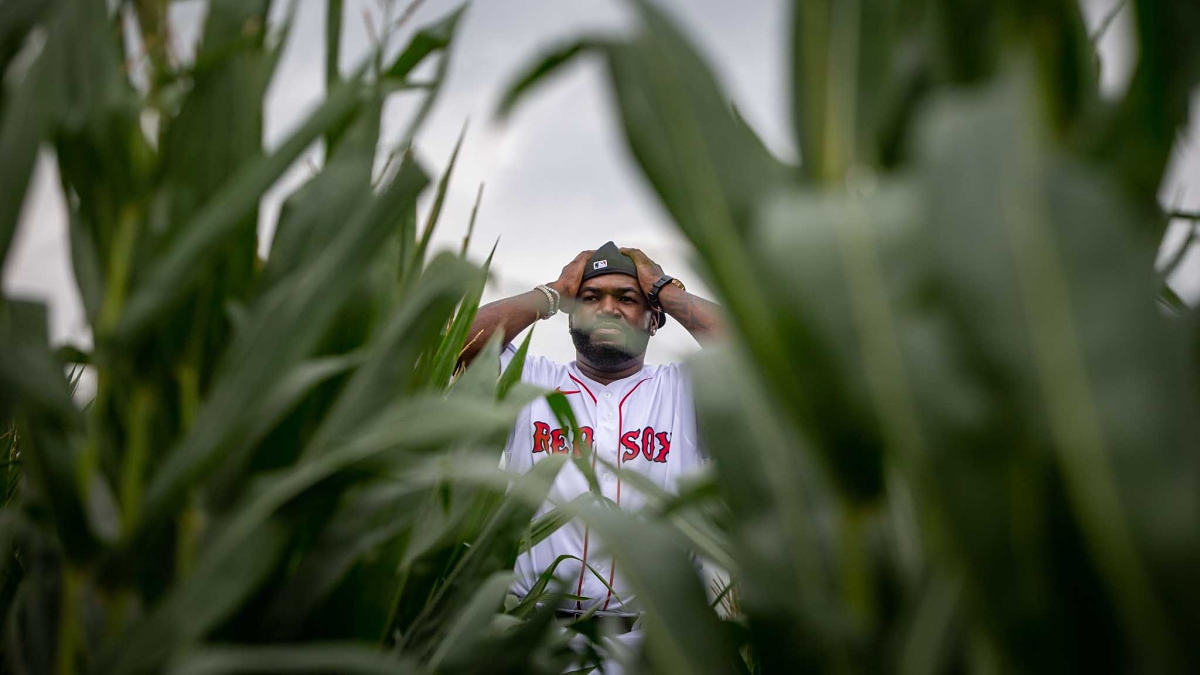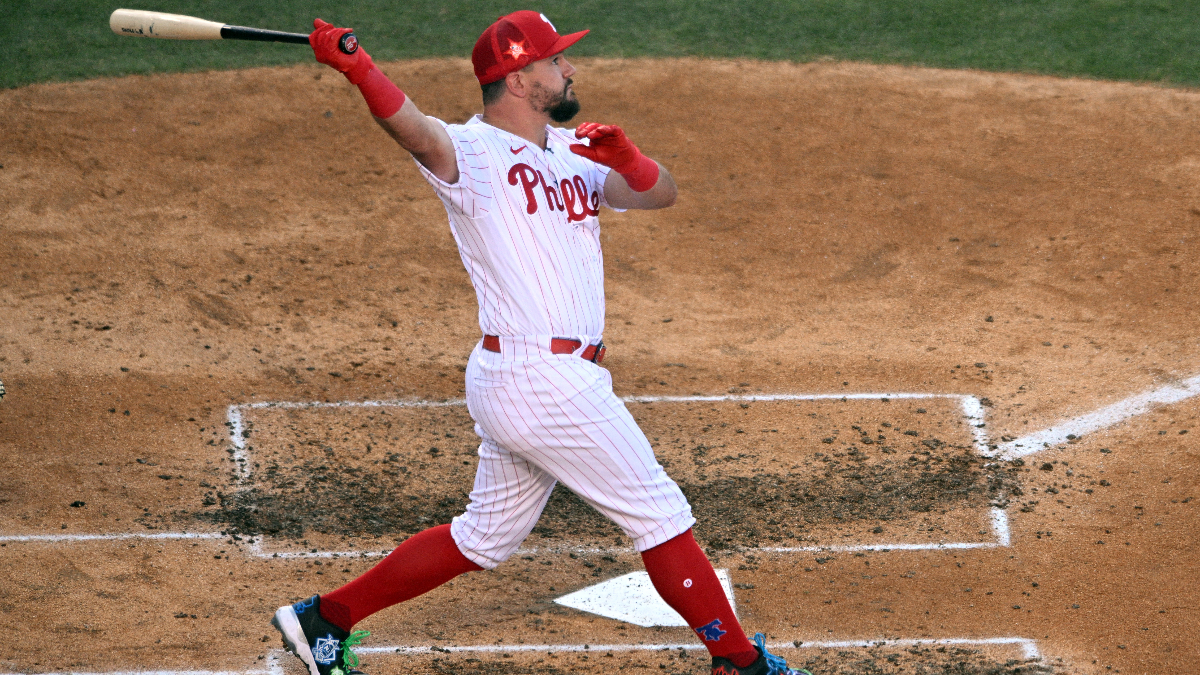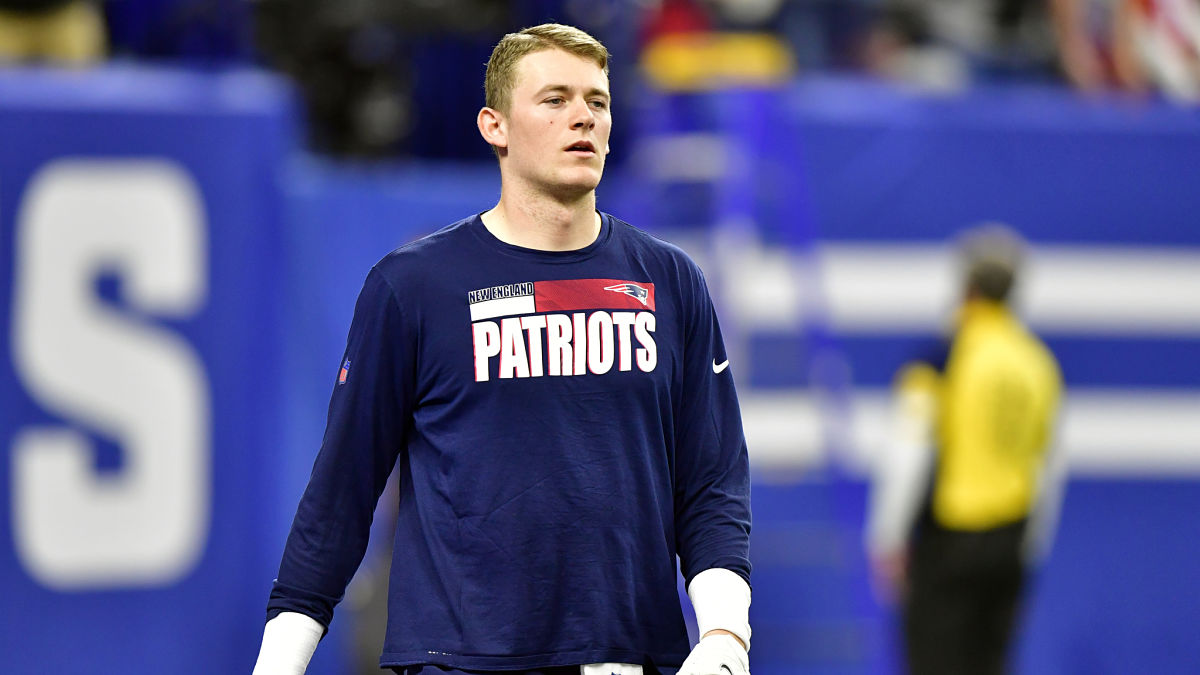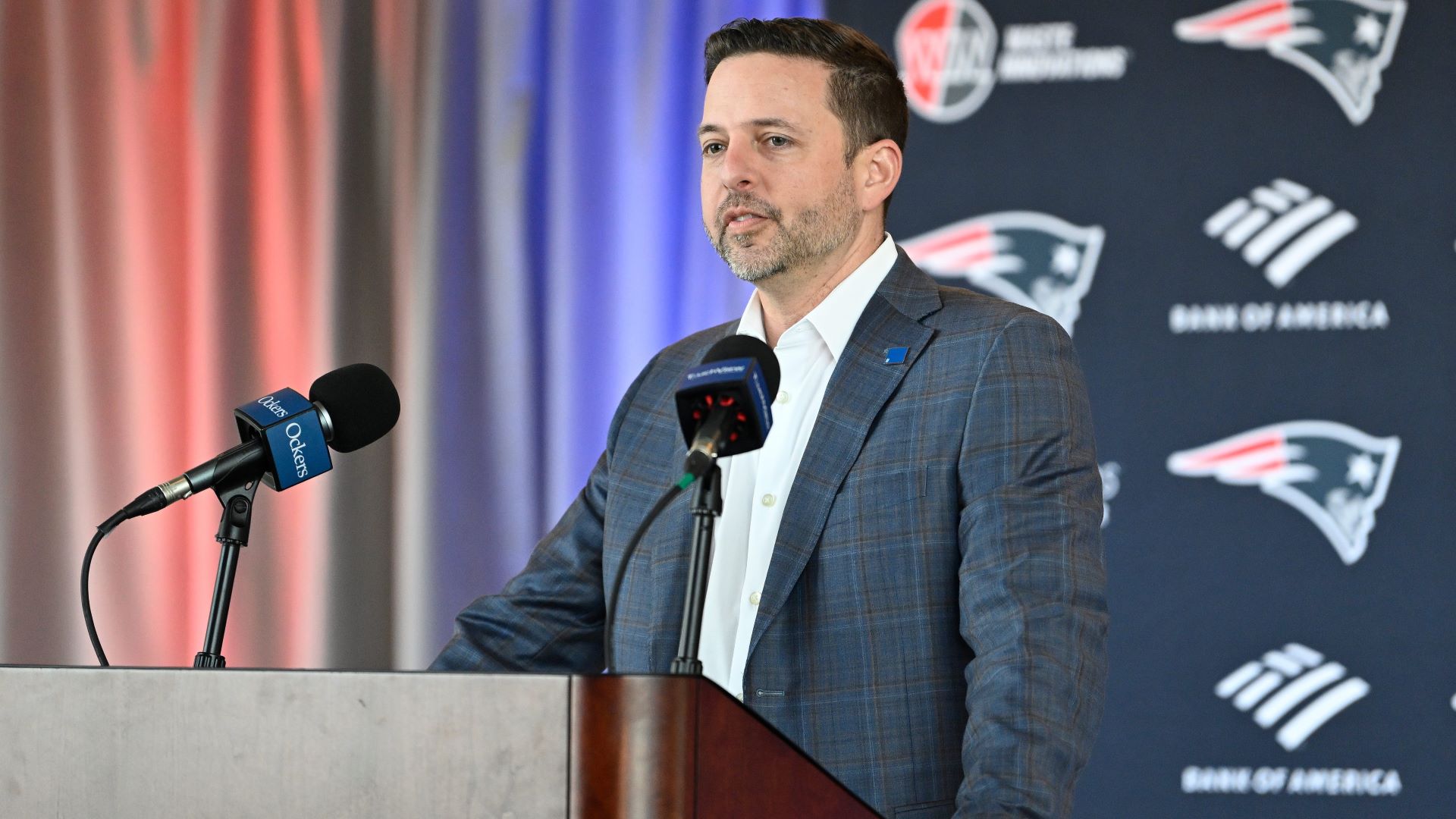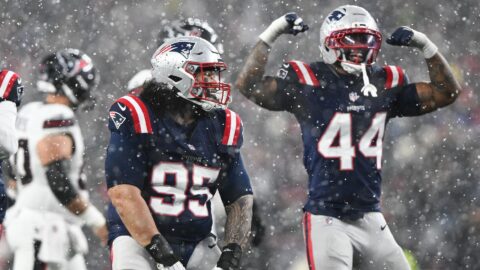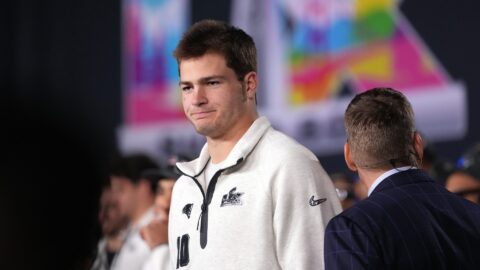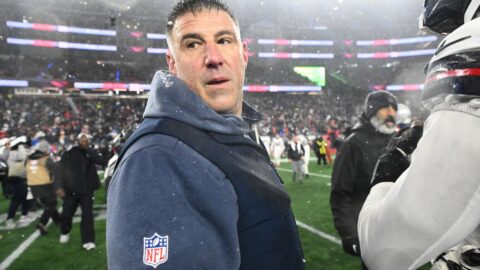It's not hyperbolic to say a series of decisions made by the Boston Red Sox before the 2003 season changed the course of Major League Baseball history.
One of the biggest involved naming Theo Epstein, a fresh-faced 28-year-old kid who arrived in Boston along with the new ownership group before the 2002 campaign, as general manager of the historic franchise. The Brookline, Mass. native, who previously worked under then-Red Sox president Larry Lucchino with the San Diego Padres, inherited a talented roster and immediately began making moves that at the time seemed relatively minor but ultimately paid major dividends.
The most significant acquisition: David Ortiz.
Ortiz spent 14 years with the Red Sox, during which he crafted a Hall of Fame résumé that includes 10 All-Star selections, seven Silver Slugger awards and, most importantly, three World Series titles. He retired as arguably the greatest designated hitter of all time and perhaps the best clutch performer the game has ever seen.
It's almost unfathomable to think Ortiz, eventually a superstar in every sense of the word, joined the Red Sox to very little fanfare in January 2003, signing with Boston as a 27-year-old free agent after six decent but unremarkable seasons with the Minnesota Twins.
"This isn't the most ideal scenario," Twins GM Terry Ryan said after releasing Ortiz, according to the Pioneer Press, in what appeared to be a cost-cutting move. "I would have much preferred to be able to trade him and to find a home for him with another club. We just couldn't get it done."
It sure proved ideal for the Red Sox, who signed Ortiz to a one-year, $1.75 million contract, perhaps persuaded by a strong testimonial from Boston ace and fellow Dominican Republic native Pedro Martinez.
Ortiz was expected to compete for the first base job that spring, alongside the likes of Jeremy Giambi, Kevin Millar and Shea Hillenbrand, who had primarily played third base the previous two seasons but faced competition of his own thanks to the arrival of Bill Mueller. All cracked the Opening Day roster, meaning Ortiz still faced an uphill battle in his quest for everyday at-bats. But the Red Sox soon made another franchise-altering decision, trading Hillenbrand to the Arizona Diamondbacks for closer Byung-Hyun Kim on May 29, 2003.
Kim mostly struggled in his season-plus with the Red Sox, but the deal opened the door for Ortiz to garner more consistent playing time. And to state the obvious, that worked out well for Boston, which had begun to run into a dilemma.
"David Ortiz hit all of two home runs in the first (two months) of the 2003 season and in mid-May had his agent (Fernando Cuza) come and ask me for a trade to somewhere he could play more regularly," Epstein said in April 2018 on MLB.com's "Executive Access" podcast. "Fernando Cuza came to talk to me and I told Cuza at the time that David was someone we wanted to get everyday at-bats, but we just needed to pare down the roster a little bit. We ended up trading Hillenbrand instead of David Ortiz, so I guess that was a good decision in hindsight. David got regular playing time and ended up hitting close to 30 homers in the second half of the season and was off and running as Big Papi."
Ortiz indeed thrived that season, finishing with 31 homers, 101 RBIs and a .961 OPS in 128 regular-season games (509 plate appearances). It was a no-brainer, then, that he'd be a key cog in Boston's lineup in 2004, giving the Red Sox a fearsome power-hitting tandem in Ortiz and Manny Ramirez.
The Red Sox, to their credit, acted early to keep Ortiz in Boston, signing him to a two-year contract extension in May 2004. Two years, two All-Star selections and a championship later, the club inked Ortiz to a four-year extension. It was clear Boston had its guy.
"I want to finish my career as a Red Sox player," Ortiz said in April 2006. "I'm going to be around for a while. I'm pretty sure New England is going to take this as good news."
Good news? Try "great" news.
As for wanting to stay in Boston, that dream, in the end, became a reality for Ortiz, who stuck around for another decade before retiring in 2016. In that span, the man known as "Big Papi" reached mythical heights, helping to supplement the Red Sox's curse-shattering championship in 2004 with an impressive title in 2007 and an unforeseen banner in 2013. Boston also won the World Series in 2018, with many integral players still pointing to the charismatic Ortiz as a mentor and source of inspiration.
All told, Ortiz spearheaded the most successful era in Red Sox history, with Boston finally overcoming its playoff futility to become a perennial MLB powerhouse. To think, it all started with what seemed like a small roster tweak back in January 2003.

